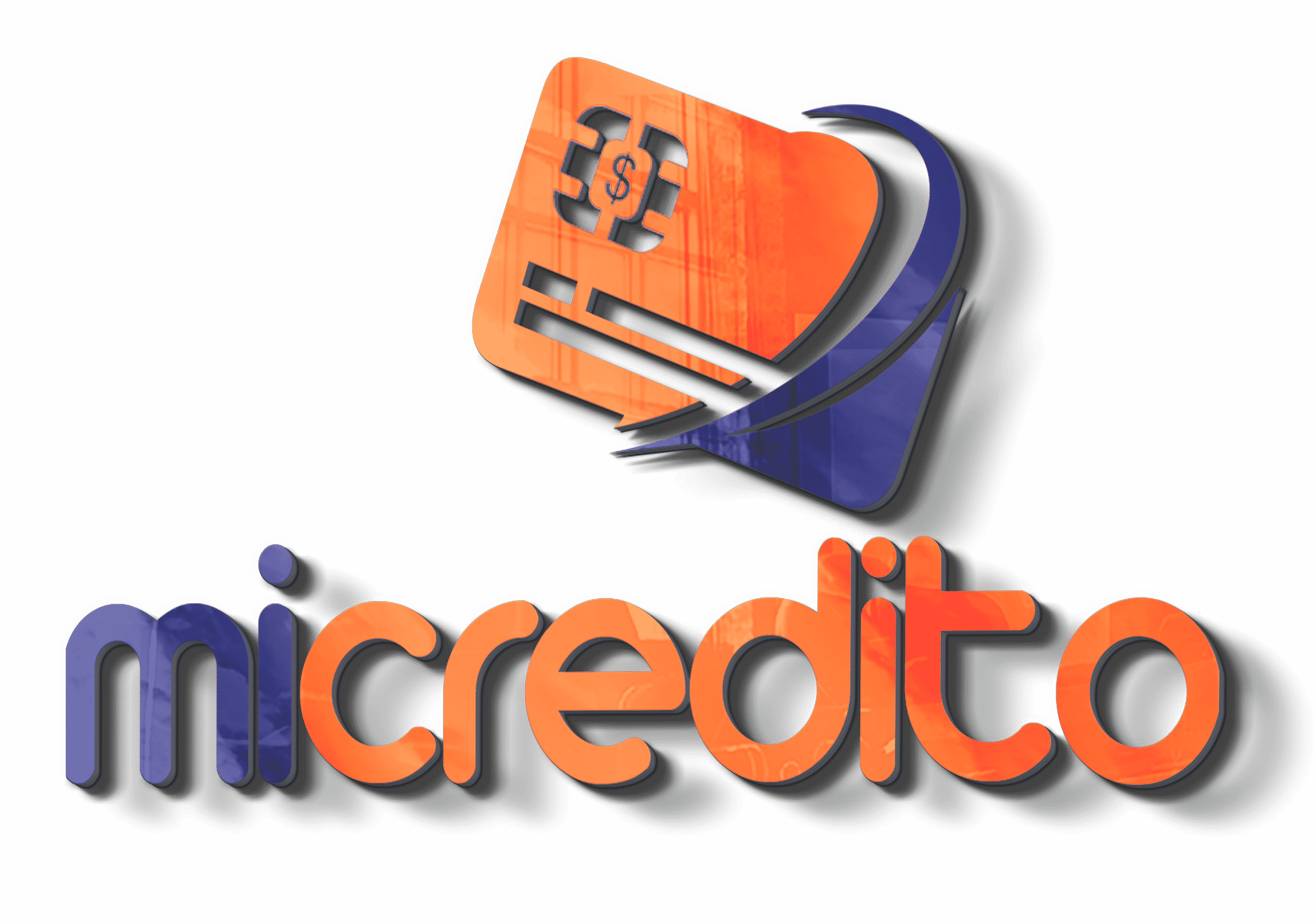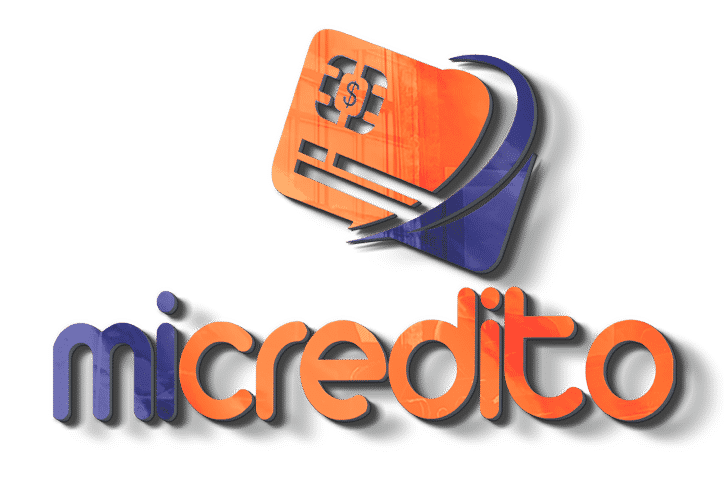In recent years, financial inclusion for immigrants has become a critical topic in the United States, as newcomers continue to face major barriers when trying to access the financial system. Credit cards, once limited to those with a U.S. credit history, are now being redesigned to serve as entry points to stability and financial independence in American society.
This shift reflects a broader recognition by banks and fintech companies of the immigrant population’s needs. New credit products are helping individuals build credit, make essential purchases, and participate in the economy—starting with something as simple as a card in their wallet or smartphone.
Why credit access matters for newcomers

Access to credit is a key step toward financial security in any country. Yet for many immigrants, the traditional credit system is hard to navigate or understand. Without a Social Security number or credit history, applications are often denied, which deepens financial exclusion and long-term disadvantages.
Tailored credit cards offer a path forward that is both fair and functional. Some accept foreign credit histories, while others use deposits or alternative documentation to get started. These models represent real progress in expanding financial inclusion for immigrants and reducing systemic barriers and inequalities effectively.
Innovations that support immigrant credit building
The rise of digital banking has brought new solutions for those historically left out or ignored. Companies like Nova Credit and TomoCredit are using nontraditional data—such as remittances or rent payments—to evaluate creditworthiness. This opens doors for immigrants who would otherwise be excluded from basic financial services.
In some cases, no credit check is required at all to begin. Instead, providers use bank account activity or income proof as alternative signals of trust. These approaches help newcomers build credit early, giving them more financial options in both the short and long term development.
Educational tools and community resources
Several credit card providers are pairing their products with support tools and guidance. Mobile apps, multilingual assistance, and partnerships with nonprofits help immigrants understand how to use credit responsibly and make informed decisions for long-term success.
Benefits of inclusive credit card programs
Credit card programs designed for immigrants deliver much more than convenience and flexibility in everyday financial activities. They provide foundational tools that support daily life and long-term financial growth, especially in complex and rapidly changing environments.
- Establish a U.S. credit score, unlocking access to loans and housing opportunities quickly.
- Make secure digital payments, even without a traditional bank account or branch.
- Receive fraud protection and dispute resolution support in critical situations.
- Gain access to cashback rewards or no-fee options that reduce financial stress.
These benefits strengthen participation in the financial system and support a sense of long-term stability, security, and progress. For many immigrants, getting a credit card marks more than financial progress—it represents a step toward belonging and social trust. As the U.S. becomes more diverse, promoting financial inclusion for immigrants through accessible credit tools will be essential to building a fairer, stronger, and more resilient economy.
Building a more inclusive financial future
Promoting financial inclusion for immigrants is no longer a secondary concern—it’s a necessary step toward a more balanced and participatory economy. When credit cards are designed to reflect the realities of newcomers, they serve not only as financial tools, but as instruments of dignity and empowerment in daily life.
As access expands and support systems grow, immigrants gain the resources needed to establish roots and thrive in the U.S. The role of credit in this journey is central, and every step forward in financial inclusion for immigrants strengthens the collective future of American society through equity and opportunity.





